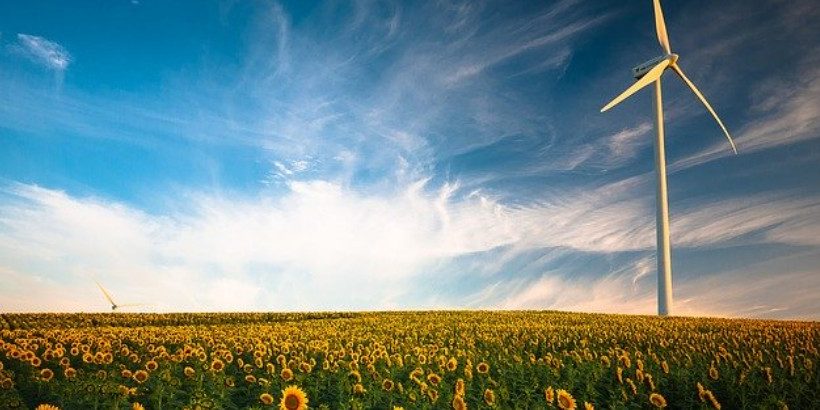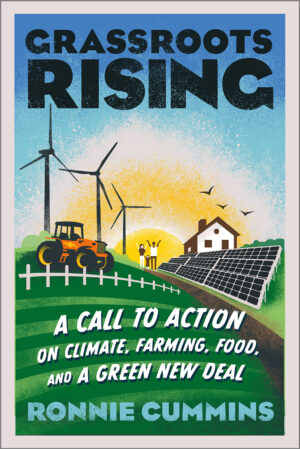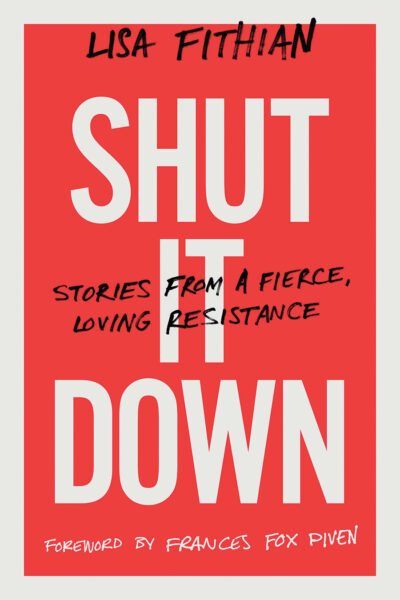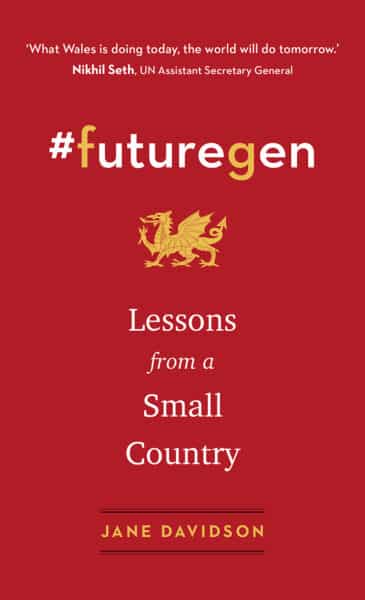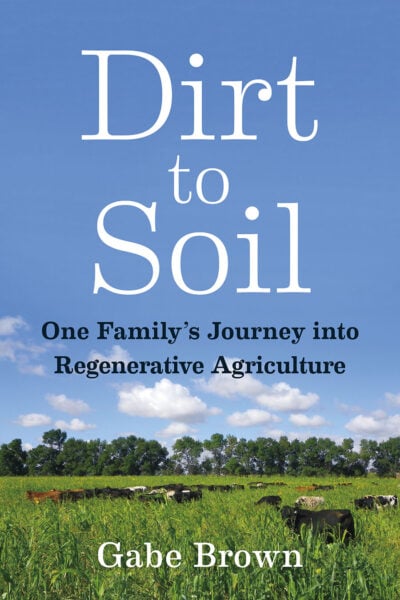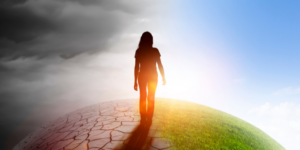The following is an interview with Ronnie Cummins, author of Grassroots Rising, and originally appeared in the Chelsea Green 2020 Spring Journal. It has been adapted for the web. It has been adapted for the web.
As International Director of the Organic Consumers Association (OCA), Ronnie Cummins works to promote healthy, just, regenerative systems of food, farming, and commerce.
Grassroots Rising is about solving the climate emergency through the transformation of our broken food system. In this interview, Cummins asserts that a Regeneration Movement based on consumer activism, farmer innovation, and revolutionary political change can get the job done.
How is your Regeneration Movement different from the environmental and sustainability movements, and how do you see it impacting policy decisions in ways past efforts have not?
Until recently, political progressives and liberals in the US have not been as involved in the climate discussion as they should have been, so what we’ve had is a climate movement that is somewhat apolitical and a political movement that’s not well-versed on the climate. We need to break down these walls. Ever since Roosevelt in the 1930s, our secretaries of agriculture have had corporate agribusiness, processed food, and exports at the top of their agenda. We’ve got to make sure that the next secretary of agriculture understands the connections between how we farm and how we eat and solving the climate crisis. We’re subsidizing farmers, ranchers, and land managers to do the wrong thing. If we incentivize people to do the right thing, it will make a big difference.
Critics say the Green New Deal is too expensive and impossible to achieve in the next decade. Talk about how the blueprint you lay out in Grassroots Rising responds to those critiques.
The notion that we can’t afford to fix a situation that’s going to cause the extinction of the human race is an absurd position to take. The World Bank says we’re propping up the fossil fuel industry with $5.3 trillion a year. We can certainly afford a couple trillion dollars a year for a Green New Deal. People are using outdated conceptions of economics, saying, “If you’re going to spend $2 trillion a year to fix the climate, you’ve got to raise the taxes on working people by $2 trillion.” That’s ridiculous. The Green New Deal is not a deal to spend unlimited amounts of money; it’s to fix a broken economy and a broken climate. When you make investments in regeneration, you’re going to get a lot of that money back. But the government needs to pass the necessary legislation.
Talk about the role of farming practices in drawing down excess carbon from the atmosphere.
Plants take CO2 out of the atmosphere, turn it into oxygen, and send the carbon down into the roots and build the upper portions of the plant. We’ve cut down half the trees on the earth and have 5 billion acres of degraded lands across the planet—30 percent of the global landscape. This has reduced the levels of photosynthesis and carbon stored above ground; that’s the root of our problem. We need to put a priority on fixing these lands, especially in the global south where plants grow faster and have a tremendous capacity to store carbon. That’s where the most rapid changes are going to be taking place. If we move to 50 percent renewable energy in the next 10 years, we can suck down the remaining CO2 to reach carbon neutrality by 2030. After 2030, we’ll begin the net negative emissions, drawing down the excess CO2 that we’ve put up there over the last 10,000 years. If we can get back to the level we were at in 1750 at the onset of the Industrial Revolution—280 parts per million—we will have a stable climate again.
How do you propose we integrate the interests of ag, science, tech, and energy under a common climate mission?

The overwhelming majority of foods that we purchase by 2030 will have to be organic and regenerative in the marketplace. The health of the planet depends upon the way consumers spend their money. Most people in the US understand that climate-friendly food is better. They don’t buy it all the time because they can’t afford to. We’ve got to address that problem. The consciousness has to be raised, but the obstacles to people doing what they know is best have to be reduced or eliminated as well. The climate movement has been successful in pushing banks and investments to start getting out of fossil fuels. But investors still feel comfortable financing the timber industry, the mining industry, and chemical-intensive agriculture. We need a comparable divestment consciousness around corporate agribusiness and the military industrial complex. We’re spending a trillion dollars a year on endless wars and armaments unnecessarily. National security is important, but the threat to national security is not Russia or China. It’s the climate emergency. There is no long-term profit on a dead planet. Now is the time to get political as climate activists and make sure that our elected leaders understand what the hell we’re talking about. Who they appoint to be head of the EPA, Health and Human Services, Secretary of Agriculture, Secretary of Defense, Secretary of State need to understand that our number one issue is the climate emergency. All other issues—poverty, depopulation of rural areas, fear of immigrants, the public health disaster—can only be solved if we solve the climate crisis.
How do we occupy the space between the extremes of paralytic doom and gloom and outright denial?
We must not downplay the seriousness of the crisis we’re facing. Let’s stop calling this climate change. We have a climate emergency. Let’s stop talking about political change. We need a political revolution. There is no way around this. And yet! A solution is at hand! We know how to stop putting greenhouse gasses into the atmosphere. But we’re not going to do it with middle-of-the-road politicians or so-called “responsible” investment. And we’re definitely not going to do it by sitting back and waiting for people to wake up. We’ve got to get active! All the innovators are out there. The solutions we need are already being worked on. People around the world are saying, “We’re tired of governments that don’t represent us. It’s time to take back the power.” This global rising is going to increase in momentum and intensity, and we need to be leading the charge. We need to open our eyes and realize that we already have global consensus on what to do.
Recommended Reads
The 5 Rules of Lean Thinking
How Can Direct Activism Survive the Coronavirus Era?
